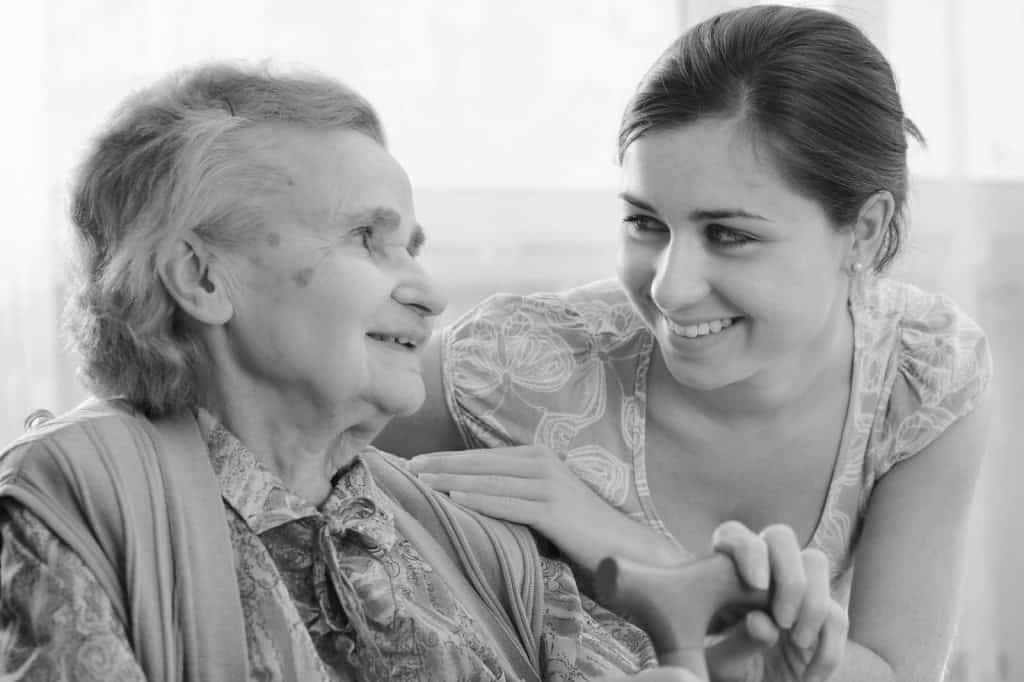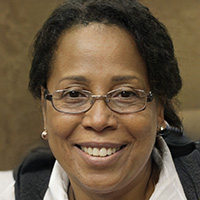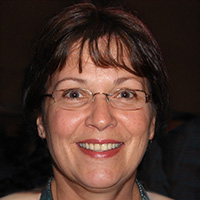Table of contents
Dysphagia in senior citizens. This illness can occur at any age, but dysphagia in senior citizens. is greater. In fact, one out of every four senior citizens suffers from it.
What is Dysphagia?
The difficulty or impossibility of swallowing solid and/or liquid foods is called dysphagia. Based on this definition, the person who suffers it has problems in achieving the passage of food from the mouth to the stomach.
In most patients, the sensation is that food gets stuck or that the food does not descend well.
Types of Dysphagia in Senior Citizens
Based on the part of the body where swallowing difficulties occur, there are two types of dysphagia:
Oropharyngeal dysphagia. It is the one that is produced in the area of the pharynx, so that the person feels difficulties for the passage of food from the first stage of swallowing. In the most serious cases, the person suffering from it could suffer from constant aspiration, causing food to pass into the trachea and suffer from choking.
Esophageal dysphagia. In this case, the first step of the swallowing occurs without major complications and it is in the esophagus where there are difficulties for the food to continue its way to the stomach. In the most serious cases, constant vomiting can occur, making nutrition impossible.
Causes of Dysphagia
Depending on the type of dysphagia that we have pointed out in the previous point, the causes may be the following:
Dysphagia in senior citizens : Oropharyngeal dysphagia
The causes of oropharyngeal dysphagia are
Neurological disorders. Certain disorders, such as multiple sclerosis, parkinson or muscular dystrophy.
Neurological damage. Sudden neurological damage, such as from a stroke or an injury to the brain or spinal cord.
Tumors in the pharyngeal area, which may or may not be cancerous. In the case of the former, oncological treatments, such as radiotherapy, can cause swallowing difficulties.
Pharyngeal diverticulum. This is the formation of a pouch over the esophagus that accumulates food particles and, in the short term, causes difficulty in swallowing, in addition to coughing fits, gurgling sounds or repeated throat clearing.
Diseases that directly affect the pharynx or the oral cavity. This is the case of some such as tonsillitis or pharyngitis.
Esophageal Dysphagia
The causes of esophageal dysphagia are much more varied than in the previous case, the most frequent being:
Foreign bodies. Sometimes, food or other objects can create a partial obstruction in the throat or esophagus. This is very frequent in older people who, when wearing dentures or having difficulty chewing food properly, have a greater risk that when swallowing, a piece of food will get stuck in their throat or esophagus.
Esophageal ring. It consists of the narrowing of the lower esophagus, which can cause difficulties during the swallowing of solid food.
Hiatal hernia. Occurs when part of the stomach pushes up into the chest.
Conditions that affect the health of the esophagus, such as achalasia, esophageal spasms, stricture or gastroesophageal reflux disease.
Cancer and tumors in the area of the esophagus and stomach. Also, as in oropharyngeal dysphagia, radiation therapy sessions can harm the good condition of the esophagus.
Anxiety can also be a cause of this condition. Thus, dysphagia and anxiety are closely related, and the latter can be both a cause and a consequence.
Symptoms of dysphagia
When dysphagia is very mild, people who suffer from it may not even notice the symptoms. In cases of lesser degrees, the main symptoms are the following:
Pain when swallowing (odinophagia).
Nausea when swallowing or even vomiting.
Sensation of food getting stuck in the throat or chest
Inability to swallow.
Regurgitation (return of food to the mouth)
Difficulty breathing while eating.
Coughing up food.
Hoarse voice and constant urge to cough.
Bad breath.
Stomach acidity.
Decreased appetite.
Complications in dysphagia
Dysphagia can lead to complications that are more serious and risky for older people:
Malnutrition and dehydration. Due to the difficulty in eating and drinking the necessary foods and liquids for daily life, the person can suffer from malnutrition, weight loss and dehydration that puts their health at risk.
Pneumonia. If food or liquid gets into the airway when trying to swallow, it can lead to aspiration pneumonia, because food can get harmful microorganisms (such as bacteria) into the lungs.
Choking. If the food completely blocks the airway, the person chokes, which can result in death if there is no one nearby to act to prevent it.
Diagnosis of Dysphagia
The diagnosis is not simple, as it shares symptoms with other digestive disorders of various kinds. In order to determine if the ailment senior citizens suffers from is dysphagia, the specialist will perform one of the following tests:
Manometry: the muscular contractions of the esophagus are measured through a small tube inserted through the nose or mouth.
Endoscopy: the doctor will insert a long tube containing a tiny camera at the end through the mouth to visually examine the digestive system.
X-ray: The patient swallows a liquid (barium) that highlights the esophagus, allowing it to be seen better on x-rays.
Dysphagia in senior citizens : Treatment of dysphagia
Although there is the possibility of carrying out an invasive treatment (as is the case of surgery), in senior citizens, in most cases, the most advisable is to carry out a passive treatment to reduce the symptoms and live with them. This treatment consists of acquiring some habits at the time of ingesting food:
Eating with a straight back (90º) with the head slightly inclined forward.
After finishing eating, do not get up immediately, but remain seated for a few minutes.
Crumble or break the food into small pieces.
Chew the food slowly.
Make the act of swallowing several times, until you do not feel any discomfort in the throat or chest.
In case, even with these measures, you cannot avoid the problem when swallowing, change the usual diet for a soft diet.
Some people also fail to swallow liquids properly, and there is a risk that they will go into the airway. To avoid this, so-called dysphagia liquids are prepared. These exist in the form of gelatin or are prepared by mixing the liquid with powder to make it more solid. For this purpose, there are numerous thickeners for dysphagia.
Crush the pills for senior citizens relative to take.
In the most serious cases in which it is totally impossible to swallow, feeding should be given via a tube.
Dysphagia in senior citizens can significantly alter their eating routine. In turn, this condition carries great risks for older people who live alone, as they may suffer choking episodes without anyone being able to help them.
For this reason, it is essential that senior citizens be accompanied, only in this way will it be possible to avoid the most serious complications, achieving, at the same time, that during all the intakes, they feel safe. We hope that this article from Nomenial has been useful.







